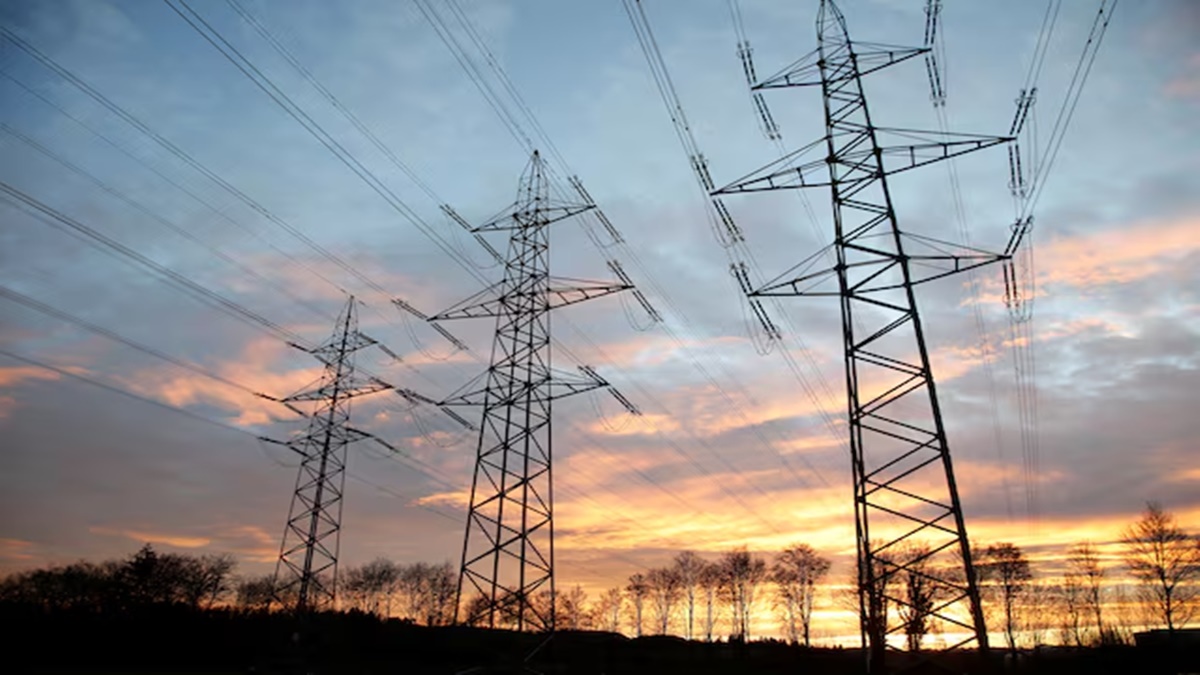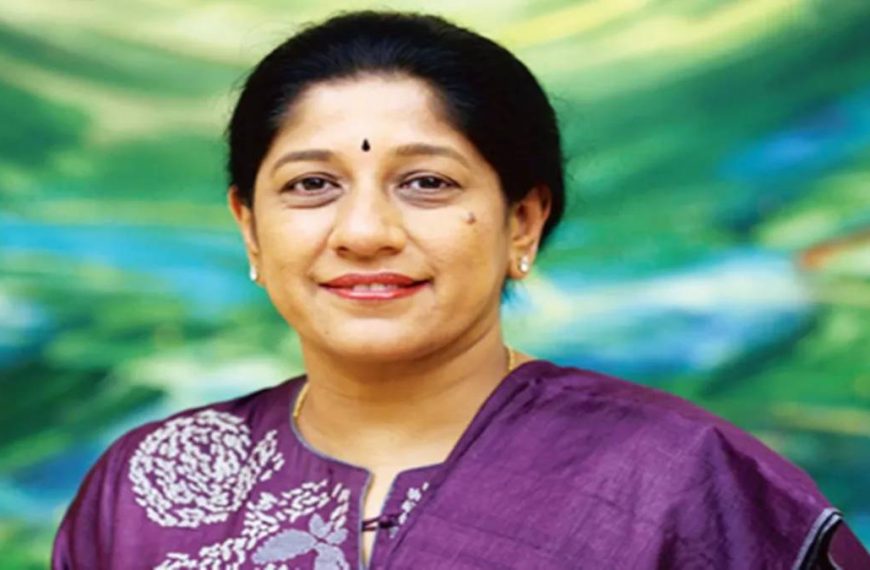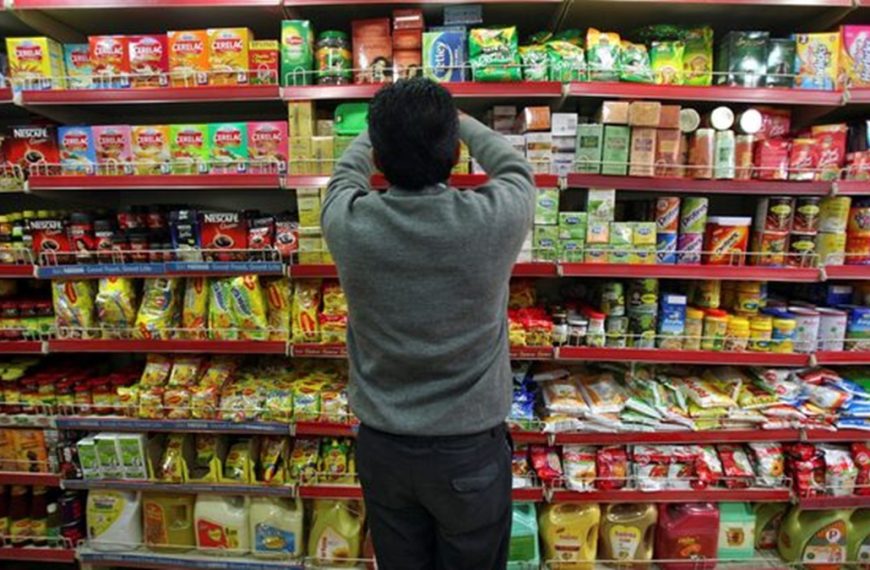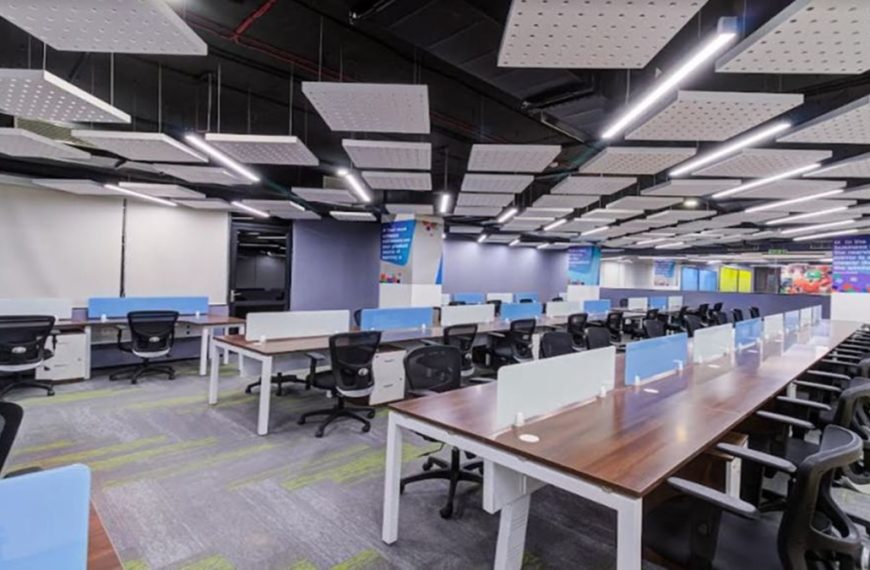The Indian Ministry of Power is requesting a two-year extension for the Revamped Distribution Sector Scheme (RDSS), pushing the deadline to FY28. This extension is crucial to achieving the ambitious targets set under the scheme, as highlighted in a recent report by the Lok Sabha’s Standing Committee.
Overview of RDSS and Its Goals
Launched with a budget of Rs 3 lakh crore, the RDSS aims to enhance the operational efficiency and financial viability of the electricity distribution sector over a five-year period from FY22 to FY26. The primary objective is to reduce Aggregate Technical & Commercial (AT&C) losses across the country to 12-15%.
Key components of the RDSS include:
- Providing financial assistance for prepaid smart metering and system metering.
- Upgrading the existing distribution infrastructure.
- Focusing on training and capacity building for personnel.
Need for Extension
Pankaj Agarwal, the Secretary of the Ministry of Power, addressed the Standing Committee, stating, “We require an extension of the RDSS deadline by two years as significant work remains, especially with the installation of smart meters, which is projected to take additional time.” As of February 10, the government has successfully installed 20.8 million smart meters, yet the target is set at 50 million for the fiscal year 2024-25. To further this initiative, additional funding from lenders like REC will be necessary.
Progress and Challenges
The ministry acknowledged that initial project awards were delayed, leading to slow budget utilization. However, it noted a recent acceleration in physical progress, stating, “We are now conducting regular review meetings to ensure effective fund utilization.” According to the committee’s report, an extension to the RDSS is indeed on the table.
So far, power utilities have utilized 96% of the funds allocated for FY 2024-25, with a revised budget of Rs 12,665 crore for the ongoing year.
Installation Hurdles
When questioned about the challenges in expediting smart meter installations, the Ministry highlighted delays in tender processes and the establishment of direct debit facilities. Additional hurdles include testing delays, such as field installation and integration tests.
Currently, the initiative is achieving approximately 80,000 smart meter installations per day, with expectations set to increase this number to 100,000 daily within a month.
Current State of AT&C Losses
The total AT&C losses reported for distribution companies (discoms) stood at 16.87% for the fiscal year 2023-24. Alarmingly, the accumulated losses of discoms have surged from Rs 5.45 lakh crores in 2020-21 to Rs 6.92 lakh crores in 2023-24. The Standing Committee has noted that the efficiency in billing and collections remains inadequate, with fluctuations in the gap between the Average Cost of Supply and Average Revenue Realized.
In summary, the proposed extension for the RDSS reflects the commitment of the Indian government to strengthen the distribution sector, enhance operational efficiencies, and ensure a more sustainable power supply for the nation.











